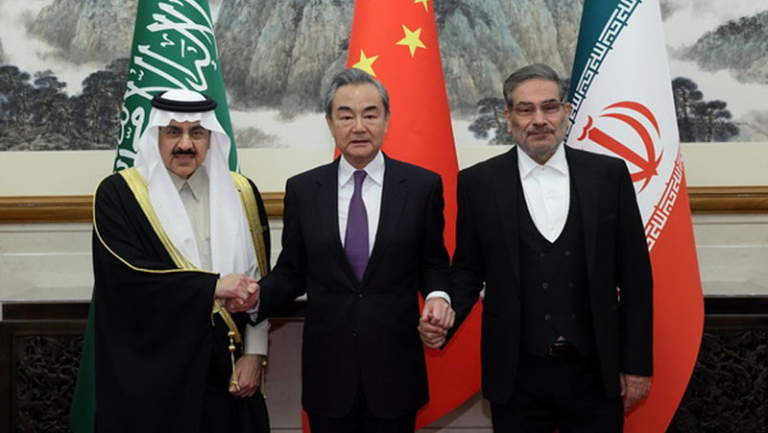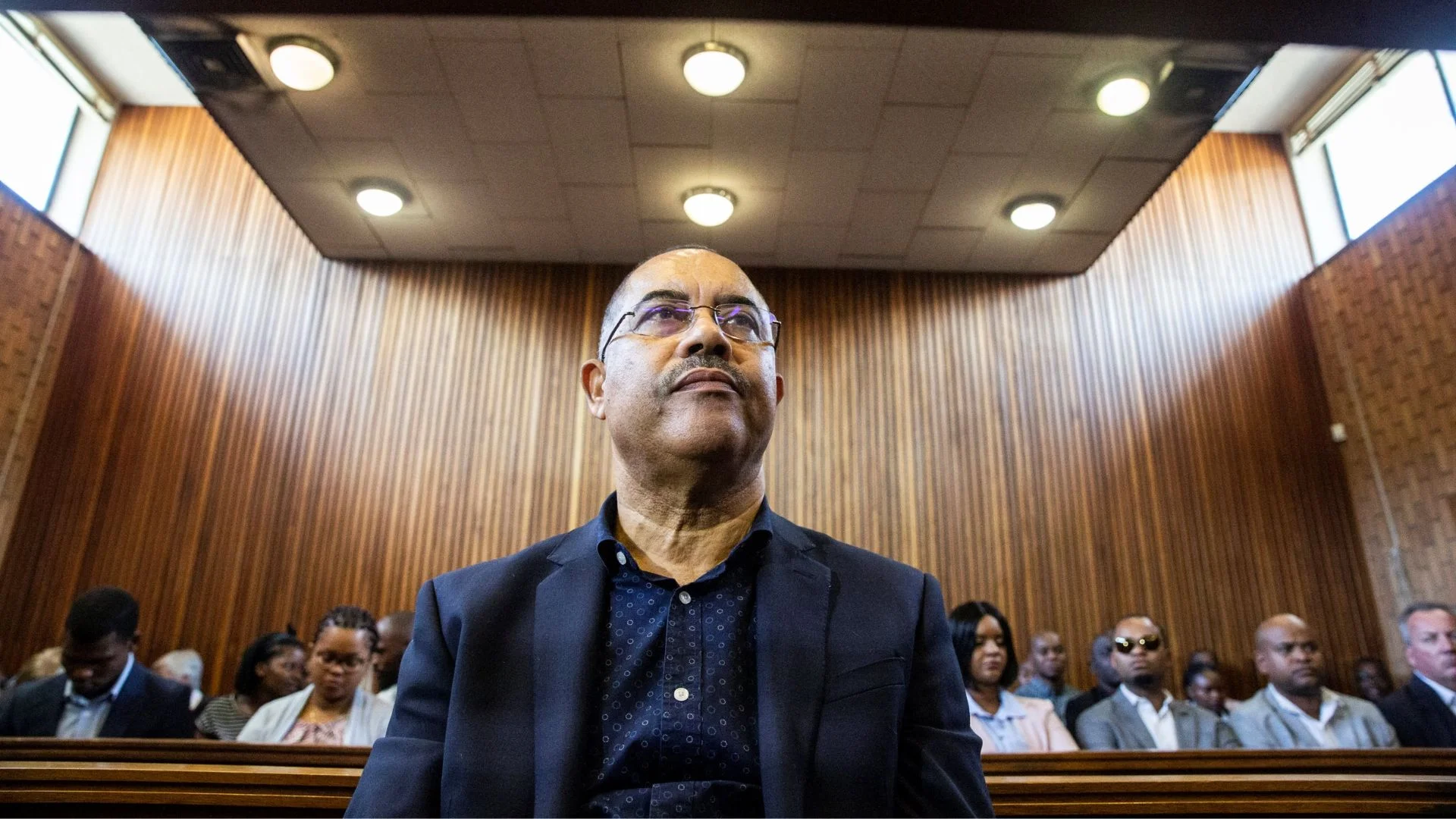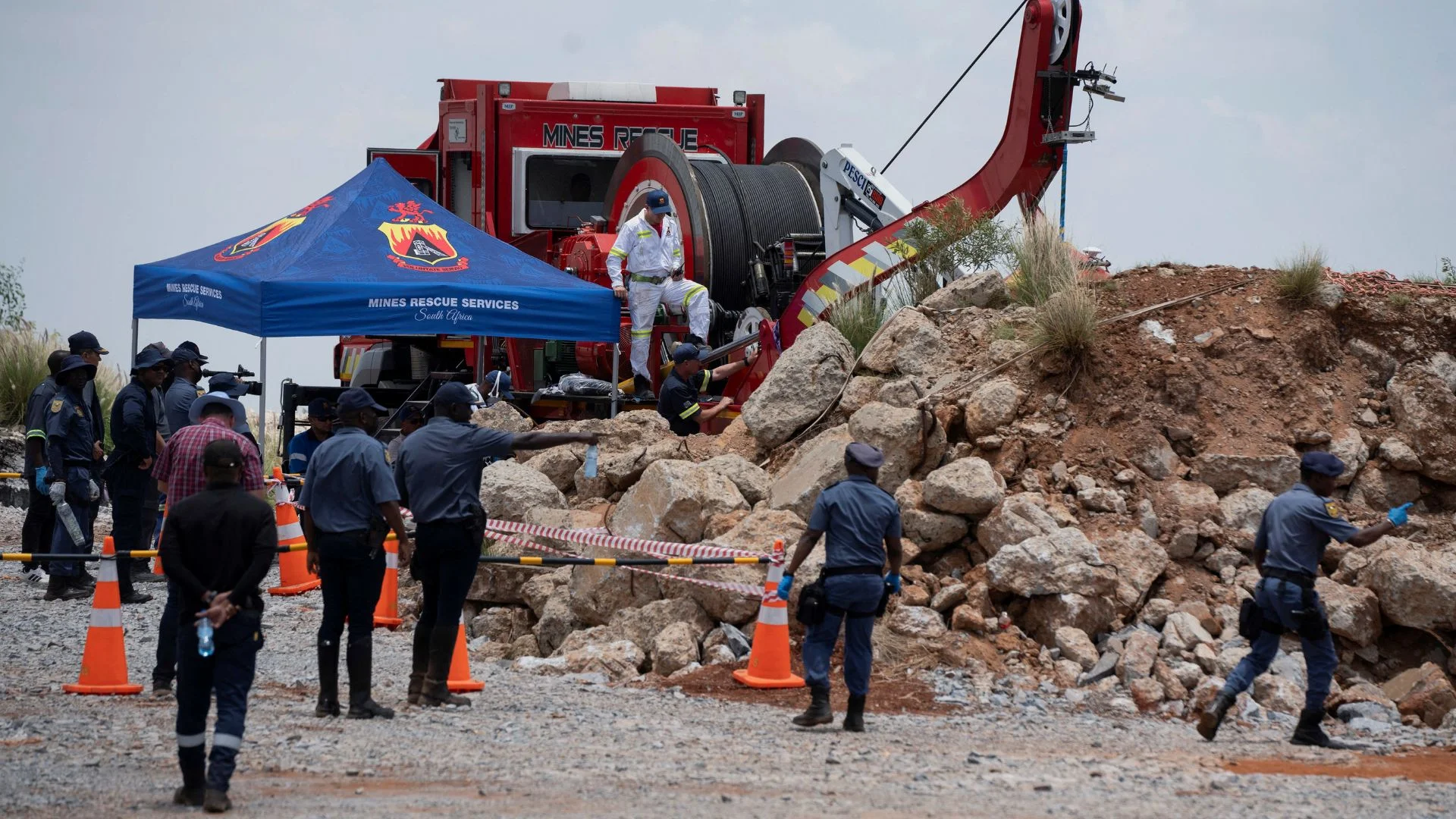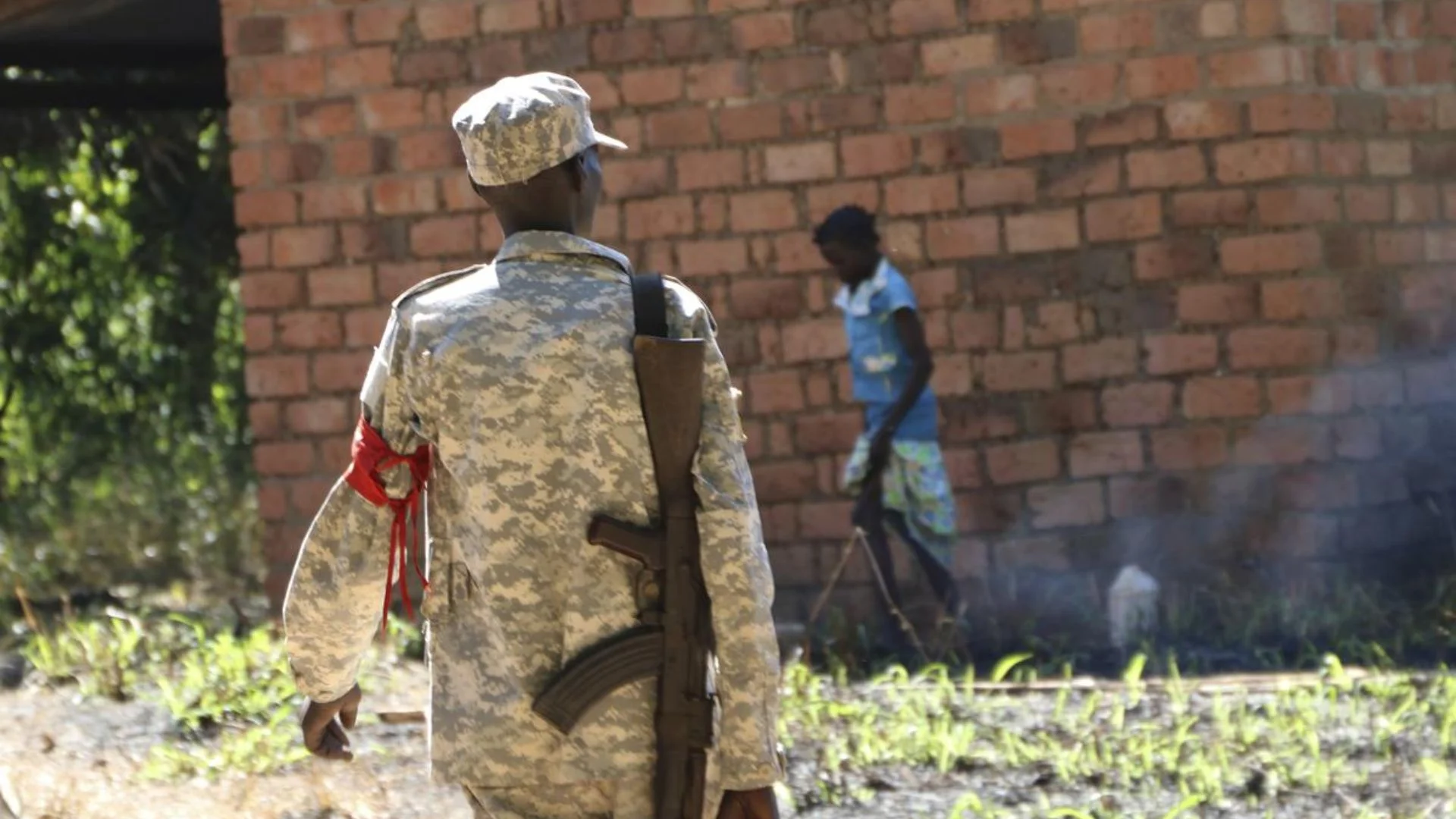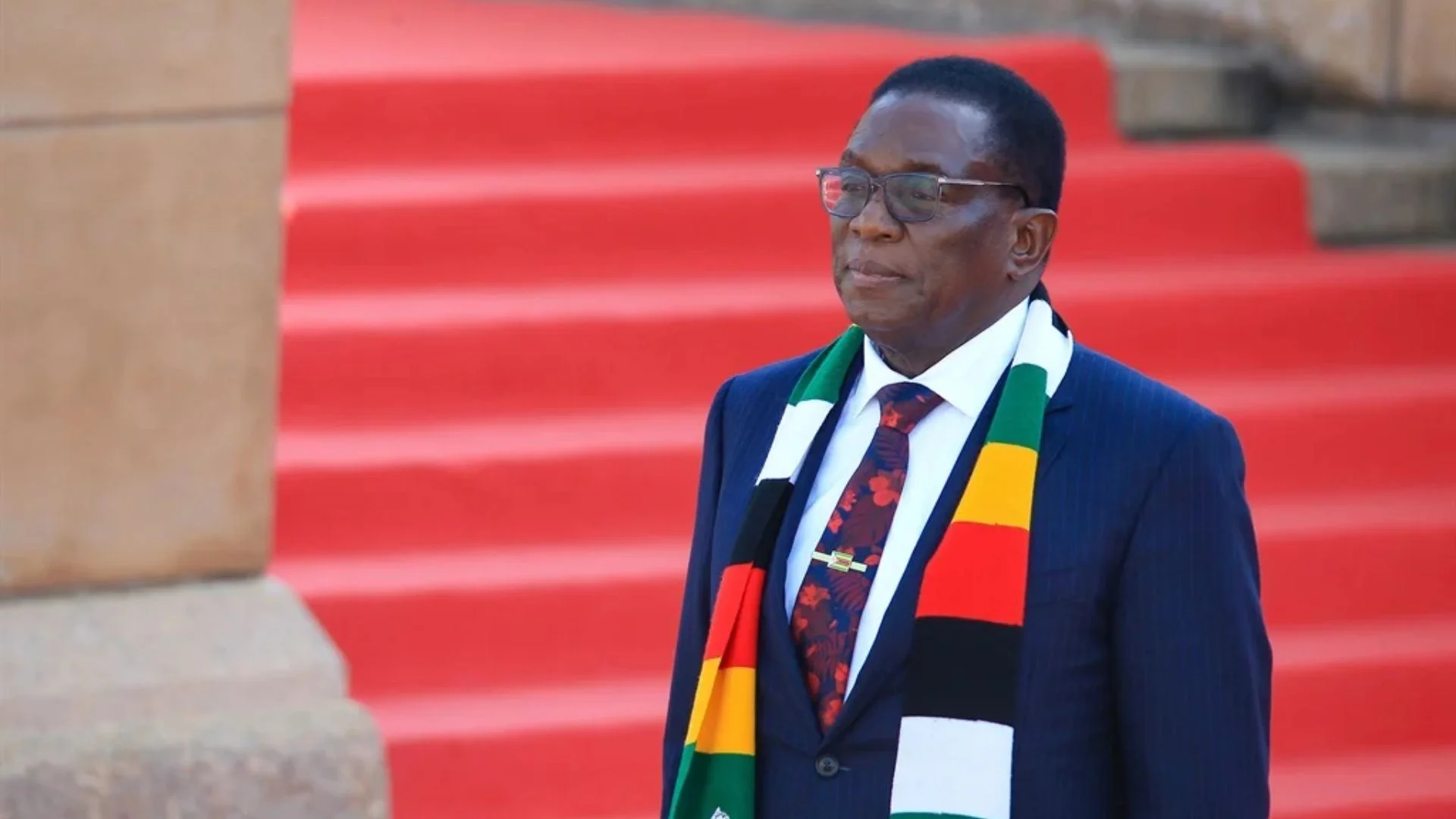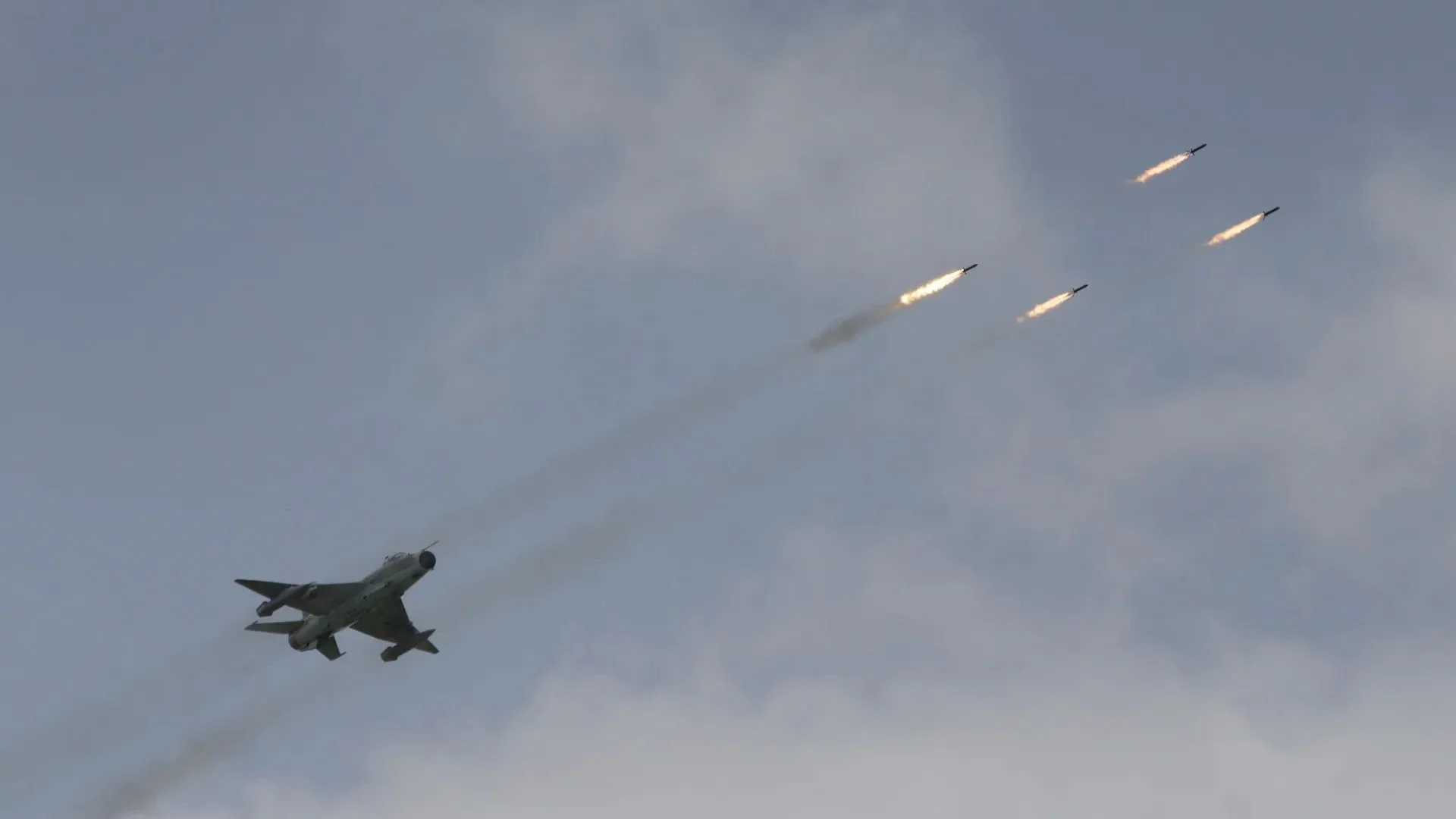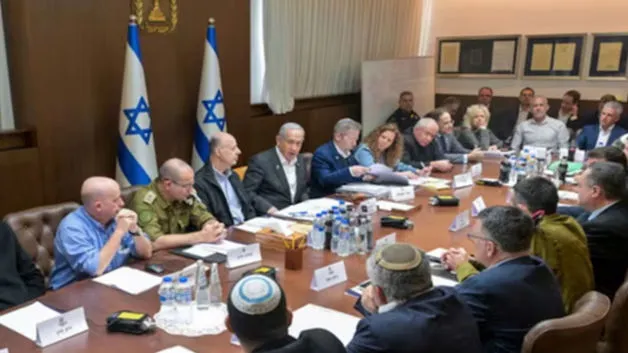March has been a month full of surprises in the Middle East, as after the shock created by the announcement that the formerly implacable arch-rivals Saudi Arabia and Iran have agreed to restore diplomatic relations, the Reuters news agency reported on Thursday that Saudi Arabia and Syria agreed to reopen their embassies, after the Muslim holiday of Eid-al-Fitr (21-22 April).
This means that Syrian President Bashar al-Assad, who has been shunned by Arab leaders, due to the crimes perpetrated by his regime against Syrian citizens, is now expected to be welcomed back to the fold and we may soon see him taking part in Arab summits and the Arab League from which he was suspended in 2011. A few days ago, Saudi Foreign Minister Prince Faisal bin Farhan Al Saud had hinted that the suspension of Syria from the Arab League could be lifted but hastened to add that it was too early to discuss this possibility, as the matter could be examined during the forthcoming meeting of the Arab League in Saudi Arabia in April.
Syria was suspended from the Arab League in November 2011, at the time of the Arab Spring, when the Syrian regime killed about 5,000 protesters and opponents. In the next ten years of the civil war that broke out in the country, various domestic and foreign forces were fighting the government and often each other, resulting in more than 600,000 deaths. The Bashar al-Assad regime has committed repeated and massive violations of human rights and on some occasions used chemical weapons.
Most Arab countries imposed travel bans on senior officials of the regime and other sanctions, including limitation of investments and dealings with the Central Bank of Syria. The only Arab governments that refused to apply any sanctions on the Syrian regime were those of Iraq, Yemen and Lebanon, where Iran – the ally of Hafez al-Assad – exercises great influence.
UN Secretary-General Antonio Guterres, speaking before the UN General Assembly last year, said that the Syrian government was responsible “for massive violations of human rights and international humanitarian law” and added that “the perpetrators of these crimes and the use of chemical weapons against civilians must be held to account.”, Although at the beginning of the war, it seemed that the Assad regime will collapse, the intervention of Iran and mainly Russia, which has been carrying out airstrikes and ground operations in Syria, changed the whole picture and now it has become apparent that the regime will not be defeated.
It should be noted that Saudi Arabia and Qatar sided with some of the rebels, while Turkey fought Islamic State (ISIL), the Kurdish-Arab SDF and the Syrian Army and currently occupies large swathes of land in north-western Syria.
The United States fought the ISIL terrorists and sometimes the pro-government forces in Syria.
A growing realization that the Damascus regime has prevailed, compounded by fatigue with the war, has led several Arab governments make second thoughts about the war in Syria and decide that it is in their national interest to restore relations with the Assad regime.

